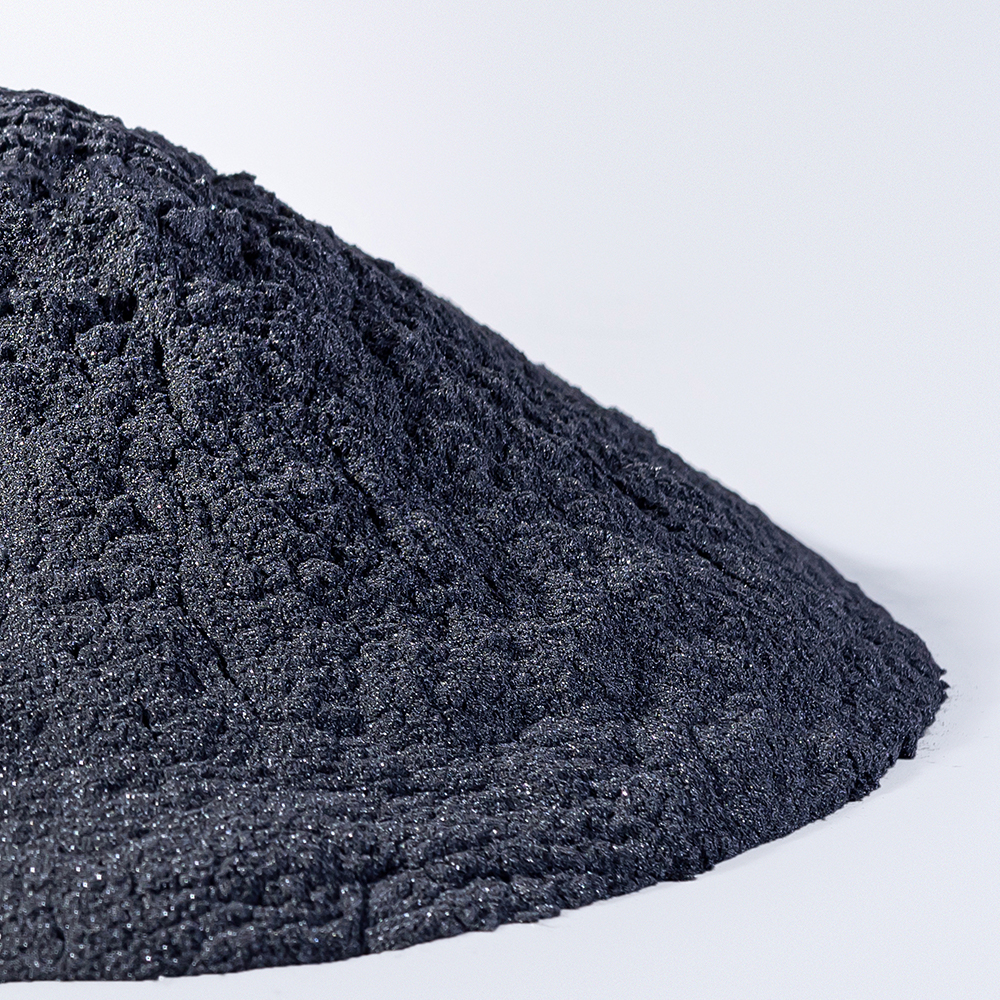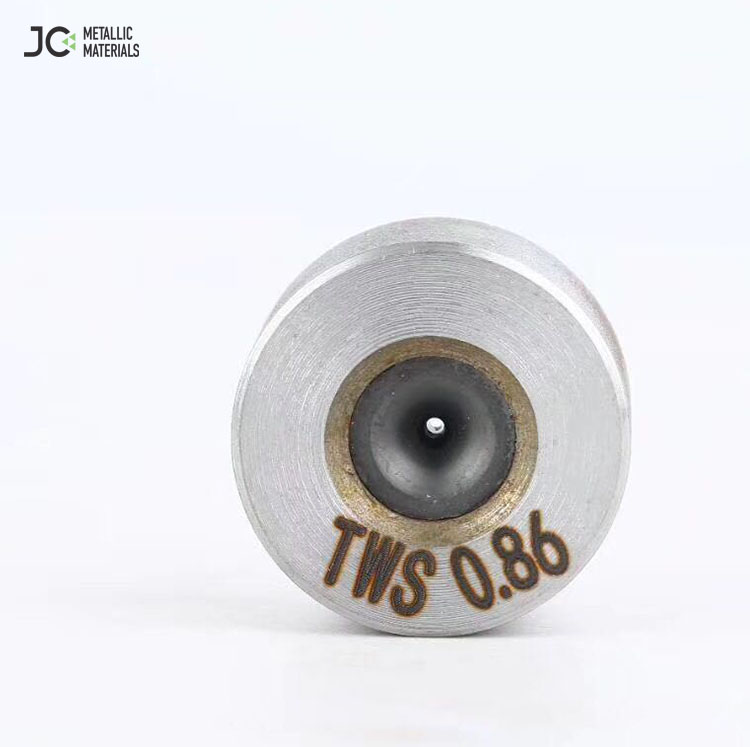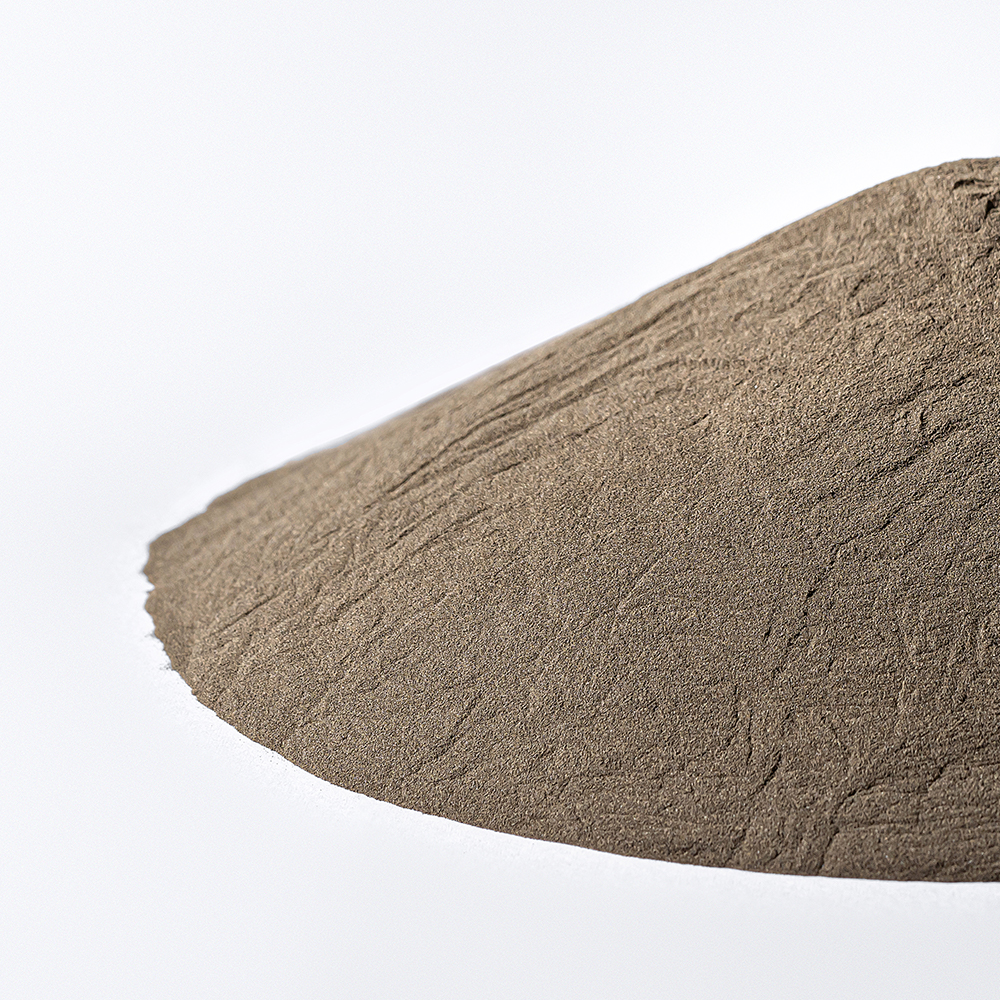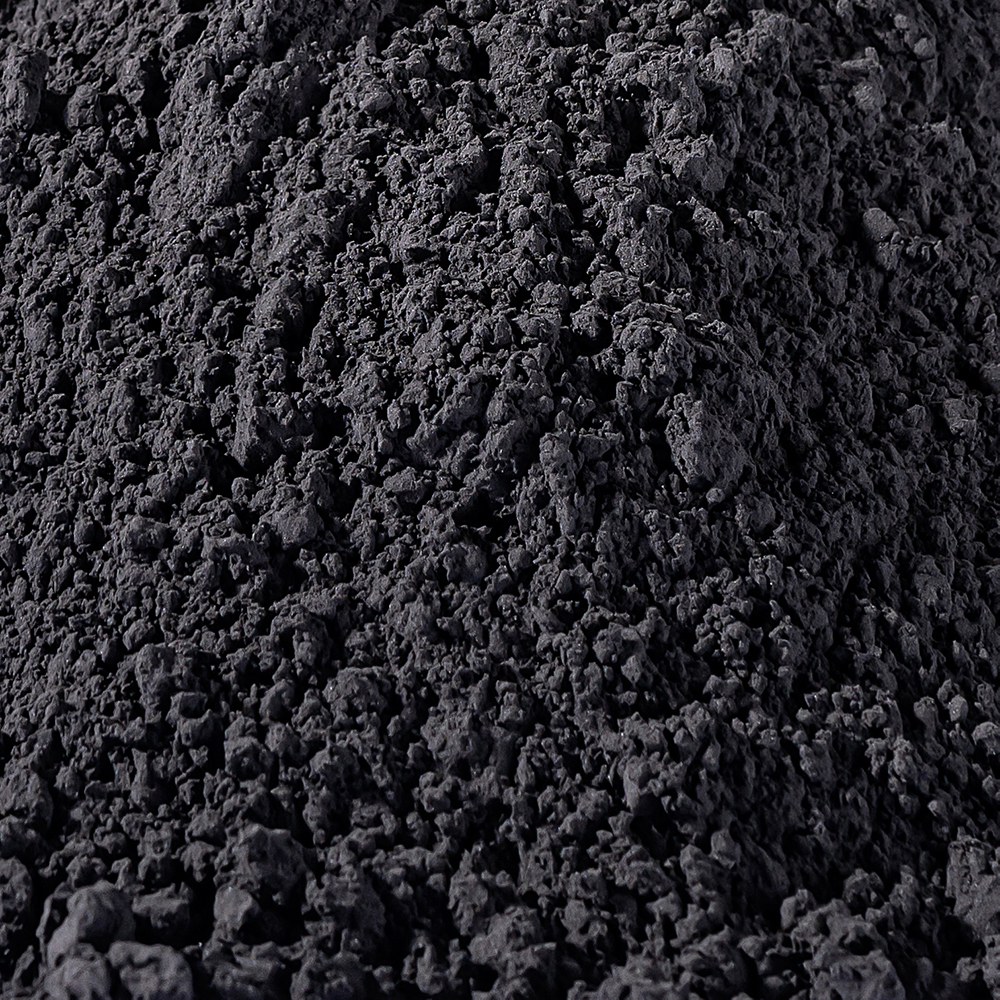
About the Role of Spherical Titanium Powder in Additive Manufacturing
In the world of additive manufacturing (AM), material selection plays a critical role in determining the quality, performance, and cost-efficiency of the final product. Among the many advanced materials used in 3D printing, spherical titanium powder has gained prominence, especially in industries where high strength, lightweight, and corrosion-resistant materials are required. Titanium alloys, particularly in spherical powder form, offer exceptional performance in additive manufacturing processes such as Selective Laser Melting (SLM) and Electron Beam Melting (EBM).
As a leading metal powder manufacturer, ジンチュン specializes in providing high-quality spherical titanium powder that delivers superior results in a variety of 3D printing applications. In this article, we will explore the role of spherical titanium powder in additive manufacturing, its benefits, challenges, and how Jinchun ensures that our powders meet the highest standards for performance and consistency.
What is Spherical Titanium Powder?
Spherical titanium powder refers to titanium particles that have been processed into a spherical shape. This specific form of powder is ideal for additive manufacturing due to its flowability, uniformity, and ease of deposition, all of which are essential for high-quality 3D printing. Titanium, a strong, lightweight, and biocompatible metal, is widely used in aerospace, medical, automotive, and industrial applications where the material’s mechanical properties are crucial.
How is Spherical Titanium Powder Produced?
The process of producing spherical titanium powder generally involves gas atomization, where titanium is melted and then sprayed with high-pressure gas to form tiny, spherical particles. The spherical shape is ideal for additive manufacturing because it ensures consistent flowability during the printing process, improving the quality and precision of the final printed part.

Why is Spherical Titanium Powder Essential for Additive Manufacturing?
1. Superior Flowability for Enhanced Printing Performance
Spherical titanium powder’s smooth, uniform shape allows it to flow consistently through powder beds, making it an ideal material for powder bed fusion techniques like Selective Laser Melting (SLM) and Electron Beam Melting (EBM). This consistent flowability ensures an even deposition of powder layers, which leads to high-quality, accurate parts. If the powder particles are irregularly shaped (like in some non-spherical powders), it can result in poor powder spreading, uneven layer deposition, and defects in the final part.
2. Improved Packing Density and Material Efficiency
The spherical shape of the titanium powder particles also allows for a higher packing density, meaning more powder can fit into a given space. This packing density helps maximize the use of material, reducing waste and lowering the overall cost of production. Additionally, the efficient packing leads to better fusion between the powder layers during printing, resulting in parts with higher mechanical strength and uniformity.
3. Consistent Layer Fusion for Enhanced Mechanical Properties
Additive manufacturing relies on the ability of layers of powder to fuse effectively with one another during the printing process. Spherical titanium powder, due to its consistent shape, ensures better fusion between layers, which results in parts with better mechanical properties, such as tensile strength, fatigue resistance, and toughness. This is particularly important in industries like aerospace, where the performance of the material can impact safety and functionality.
4. Corrosion and Heat Resistance
Titanium alloys are known for their superior corrosion resistance, especially in harsh environments like marine or high-temperature settings. The use of spherical titanium powder in AM applications ensures that these corrosion-resistant properties are maintained throughout the 3D printing process. Additionally, titanium exhibits excellent heat resistance, making it ideal for components used in high-temperature environments like jet engines, industrial turbines, and medical implants.
5. Biocompatibility for Medical Applications
Titanium is widely used in the medical field, particularly in the creation of prosthetics and implants, due to its biocompatibility—meaning it is non-toxic and does not cause an adverse reaction when in contact with human tissue. The precise control over geometry and material properties enabled by spherical titanium powder is crucial in producing customized medical devices that meet the exact specifications needed for individual patients.
Industries Benefiting from Spherical Titanium Powder in Additive Manufacturing
1. Aerospace Industry
The aerospace sector is one of the primary beneficiaries of spherical titanium powder in additive manufacturing. The lightweight nature of titanium combined with its strength and resistance to heat and corrosion makes it an ideal material for components like turbine blades, engine parts, fasteners, and structural elements. Additive manufacturing allows for the creation of highly complex, lightweight parts that would be difficult or impossible to produce using traditional manufacturing methods. Spherical titanium powder, with its excellent flowability and consistent properties, ensures these parts meet the rigorous standards of the aerospace industry.
2. Medical Industry
In the medical field, customized implants and prosthetics made from titanium are common due to their biocompatibility and durability. Additive manufacturing, powered by spherical titanium powder, allows for the production of highly personalized medical devices that match the unique anatomy of each patient. Titanium’s corrosion resistance is another crucial factor for medical applications, as implants must remain stable and effective over long periods.
3. Automotive Industry
The automotive industry is increasingly adopting additive manufacturing to produce lightweight, high-strength parts that can enhance vehicle performance. Titanium alloys are used in applications like exhaust systems, brake components, and engine parts, where their strength-to-weight ratio is a critical factor. Spherical titanium powder allows manufacturers to create highly complex, intricate parts that help optimize vehicle efficiency while reducing overall weight.
4. Industrial Applications
In industrial settings, spherical titanium powder is used for manufacturing durable components that must withstand high-stress environments, including high-performance fasteners, valves, and high-pressure components. Titanium’s corrosion resistance ensures that parts can function in demanding conditions, from chemical processing to oil and gas extraction.
Challenges in Using Spherical Titanium Powder for Additive Manufacturing
Despite the numerous advantages, there are challenges associated with the use of spherical titanium powder in additive manufacturing. These include:
1. Powder Contamination
Titanium powder, like other metal powders, can be prone to contamination, which may affect the consistency and quality of the final part. It’s important to handle titanium powder carefully, ensuring it is kept clean and free from impurities, which can compromise mechanical properties.
2. High Production Cost
Titanium powders, particularly spherical ones, can be more expensive to produce than other metal powders. However, their superior performance in additive manufacturing often justifies the higher cost, especially in industries like aerospace and medical, where high-performance materials are essential.
3. Recycling of Powder
Recycling titanium powder can be a complex process. Recycled powders may not perform as well as fresh powder due to changes in particle size and morphology. Ensuring proper recycling procedures and maintaining high-quality powder consistency throughout the printing process is crucial for optimal performance.
Why Choose Jinchun for Spherical Titanium Powder?
As a leading metal powder manufacturer, ジンチュン offers a wide range of high-quality spherical titanium powders specifically designed for additive manufacturing. With years of experience and expertise in the field, Jinchun ensures that our titanium powders meet the highest standards of quality, consistency, and performance.
Key Advantages of Jinchun Spherical Titanium Powder:
- Superior Quality Control: Our titanium powders undergo rigorous quality testing to ensure consistent particle size distribution, purity, and morphology.
- Tailored Solutions: We provide customizable powder compositions to meet the specific needs of different industries, from aerospace to medical applications.
- Optimized Flowability: Our spherical titanium powders are designed to maximize flowability, which is crucial for achieving consistent layer deposition and high-quality printed parts.
- Eco-Friendly Manufacturing: Jinchun is committed to sustainability, using environmentally responsible processes in the production of our metal powders.
- Reliable Supply Chain: We offer fast delivery times and reliable supply, ensuring your additive manufacturing projects stay on track.
結論
Spherical titanium powder plays a vital role in additive manufacturing, offering superior flowability, high mechanical strength, corrosion resistance, and lightweight properties that are essential in industries like aerospace, medical, automotive, and industrial applications. While there are challenges to consider, the benefits of using spherical titanium powder far outweigh the drawbacks, especially when sourced from a high-quality manufacturer like ジンチュン.
As a trusted metal powder manufacturer, ジンチュン ensures that our spherical titanium powders meet the highest industry standards, enabling your additive manufacturing projects to succeed. Whether you are producing critical aerospace components or customized medical implants, our titanium powders are the perfect choice for high-performance, durable, and efficient 3D printing solutions.
Contact Jinchun today to learn more about how our spherical titanium powders can elevate your additive manufacturing applications!



_6258副本-2.jpg)


